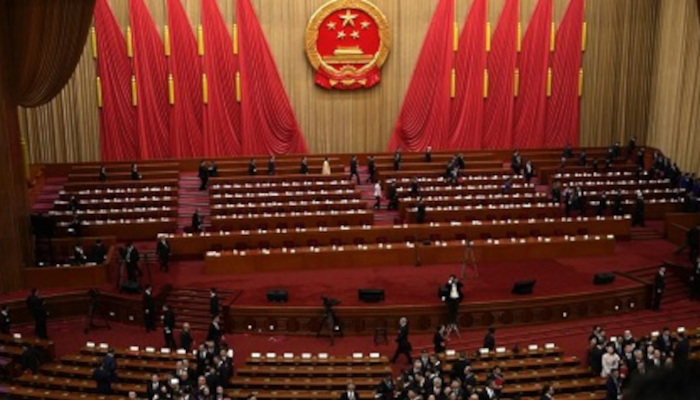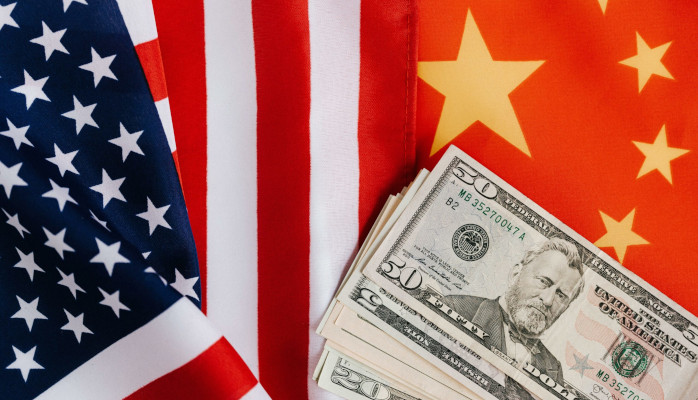
At the dawn of the 21st century, China encountered a series of decisive junctures that could have reshaped not just its destiny but that of the entire world. There was a striking series of missed opportunities and ‘what-ifs’ that could have turned the global events in a different direction. Perhaps the most significant was China’s potential role in international conflicts, the internal political landscape, and economic and strategic decisions that could have positioned it as one of the world’s preeminent powers, firmly supported by the United States and the global community.
Potential Partnership in Global Conflicts
At the turn of the millennium, the United States found itself engaged in prolonged conflicts in Iraq and Afghanistan. After 2001, China collaborated with the US in Afghanistan, gaining goodwill. Yet after the early problems in Iraq in 2003-2044, China moved away, keeping distant and aloof. It was when China should have helped the US in any way it could, volunteering to send troops there. It would have created a strong tie between the countries.
Such an alliance would have potentially shortened the conflicts and laid the foundation for a more collaborative US-China relationship, transforming global geopolitics. Perhaps it could have also helped stabilize the Middle East, creating a peaceful land route across Eurasia and stabilizing oil prices with the normalization of production in Iraq. It might have triggered a new economic boom and possibly prevented the 2008 financial crisis.
Leadership and Political Reform
In the same years, China was experiencing problems of its own. Between 2002 and 2007, the transition of power from Jiang Zemin to Hu Jintao highlighted underlying succession issues and suggested the potential for symbolic political reform in the Mainland. At the same time, the introduction of guided elections could have started in Hong Kong. Private property should have received complete legal protection, and a general amnesty for past economic crimes would have turned a new leaf on the Chinese economy.
Such moves could have demonstrated a commitment to gradual political openness, enhancing its domestically and internationally image. The Party and its leadership could have come out stronger.
Addressing Elite Politics
The issue of ‘princelings’ within the Chinese Communist Party (CCP) could have been addressed by establishing a hereditary chamber merging state and party structures, which could have been a significant step in formalizing the role of elites while potentially stabilizing political succession and governance practices.
Diplomatic Outreach
China’s relationships with its neighbors, Japan and India, have historically been tense, particularly regarding territorial disputes. A bold move to cede the Senkaku Islands to Japan and make border concessions to India, possibly paired with importing 10,000 English teachers from India, could have drastically improved relationships. Such proficiency in English across China would have bolstered its global competitiveness, recognizing English’s role as the international business and diplomatic lingua franca.
Economic Reforms During the 2008 Crisis
The 2008 financial crisis represented a critical moment for global economies. China’s decision to make the Renminbi (RMB) fully convertible or maybe pegging it openly to the US Dollar could have transformed it into a cornerstone of the global financial system. Additionally, adopting President Obama’s 2009 proposition to cut emissions in exchange for technology transfers and facilitating a reasonable RMB revaluation could have generated immense goodwill from developing nations impacted by China’s export surge. Moderation of financial stimulus measures during these years could have further stabilized China’s economic growth.
Belt and Road Initiative (BRI) With a Twist
The BRI has been one of China’s most ambitious international projects to enhance global connectivity and cooperation. However, rather than excluding the US from the plan, situating its headquarters in Los Angeles or San Francisco would have been a stroke of geopolitical sensitivity. Such inclusivity could have cemented China’s status as the world’s leading superpower, supported unrestrainedly by the US and the global community.
In summary, while the path not taken by China would have been paved with complex challenges and potential risks, it would have also ushered in a world with cooperation in global leadership, strategic compromises, and a commitment to both domestic and international reform. The China that could have been is not just the past. It might also be a chart for a method and ideas that could and should mark the country’s future while wars in Ukraine and the Middle East are burning. Relations between China, the United States, and its neighbors are getting icier by the day.
These are examples of projects that may or may not have been raised, and for each past idea, there were certainly plenty of good reasons to discard them. But it is not about the past; it is about the future.
Yesterday’s excessive prudence prevented the leadership from taking the “proper steps”, leading to the present situation. Today, the problems are far more complicated than yesterday, and decisions are more delicate. Yet more than yesterday, the world needs China’s bold, cool-headed effort and thinking. When the US is partly distracted by its presidential elections, Beijing may have time to think carefully and try something innovative and truly creative. After the elections, there could be not much time left.









